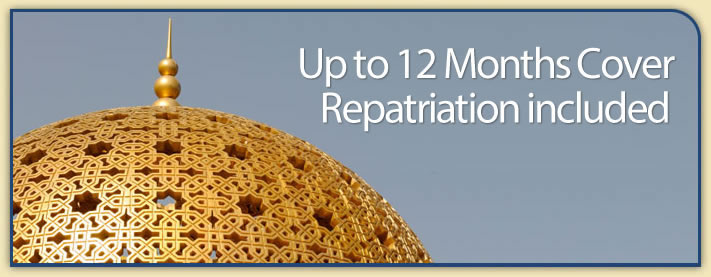Finances
We have produced this guide for backpackers on a long stay adventure trip with help from the British Bankers’ Association below to help explain some of the terms used and options available for taking travel money abroad.
Should I take foreign money, traveller’s cheques or plastic cards abroad?
Some cash will be needed for food, drink and local travel. Travellers cheques are a safe way of taking money with you. They can be cashed at banks, hotels and bureaux de change. If they are lost or stolen, you can claim from the issuer. Credit cards and debit cards are accepted abroad, but check with your bank before you go. Acceptability varies from country to country and from region to region.
Should I take Sterling traveller’s cheques or currency travellers cheques?
It depends on your destination. In most large towns and cities, Sterling travellers cheques will be accepted, but in some rural areas away from the main tourist track, they are unwilling to do so. If you are travelling to the USA or some other countries, it may be advisable to take US dollar travellers cheques. Ask your bank or travel agent for advice.
What is the cheapest way to take money on my gap year trip?
Depends on your spending pattern. There will undoubtedly be a cost in converting Sterling to a foreign currency whether this is done in the UK or abroad, but unused Sterling traveller’s cheques can be paid back into your bank account or exchanged for cash when you return at no extra charge.
Foreign money and foreign currency traveller’s cheques may attract a higher rate of commission when you buy them and further commission may be charged on any unused cheques or foreign money when you want to convert them back to Sterling. There will also be a potential loss (or gain) on the difference in exchange rates. Local currency can often be drawn from cash machines abroad using your debit card or credit card, but if you use your credit card this will probably be counted as a cash withdrawal and attract a charge accordingly. There may also be a handling charge made.
Where do I buy my travellers cheques and foreign currency?
A bank, a bureau de change or online where it can be delivered straight to your door.
Where do I exchange my traveller’s cheques when I’m abroad?
Bureaux de change, banks, hotels, shops, but do compare exchange rates and commission charged.
What do I do if I lose my traveller’s cheques?
Each traveller’s cheque has a unique serial number, and you’ll be asked to sign each one when you buy them. When you exchange them for cash you’ll have to sign for them again, and show your passport. If your traveller’s cheques go missing then you can phone the company that sold them to you (they should provide you with an emergency phone number) and quote the serial number of the missing cheques. Obviously you need to keep the receipts showing the serial numbers of the cheques and quote them. Keep these numbers in a separate place from the cheques themselves!
Which will offer the best exchange rate: banks, bureaux de change, shops or hotels?
This can vary. Shop around for the best deal.
Why can’t I just cash my own cheque abroad?
Many banks abroad, particularly in the more popular tourist areas, will cash your own cheques if supported by a valid cheque guarantee card. You may, however, be charged a higher commission by the bank cashing it. Check with your bank before you go, but we would recommend that you take currency, traveller’s cheques or a credit or debit card as well.
The exchange rate Fluctuation
Exchange rates are continually fluctuating according to wholesale market movements. There is no ‘official’ rate of exchange for any particular currency and different organisations will offer different rates for handling travellers cheques and currency.
Make sure you check on the total cost of the transaction though you may find that an attractive exchange rate is offset by higher commission charges.
Your credit card company will use the rate applicable on the day they receive the transaction from abroad. This will often be different to the exchange rate on the day you used your card. The rate could be better or worse depending on market movements.
I have foreign currency or travellers cheques left over, what do I do?
While there is nothing to stop you holding on to them until the next time you travel, most people would prefer to change foreign currency back into sterling. Try to have only paper money left over, as many banks and bureaux de change will either not accept coin or will offer a very poor exchange rate for it. The money will be converted at the exchange rate applicable to that day and could be worse (or better) than the rate when you bought it.



